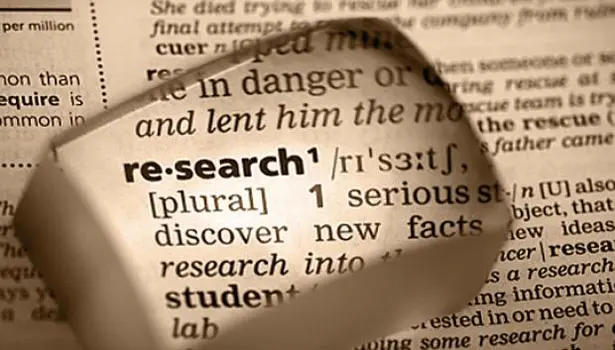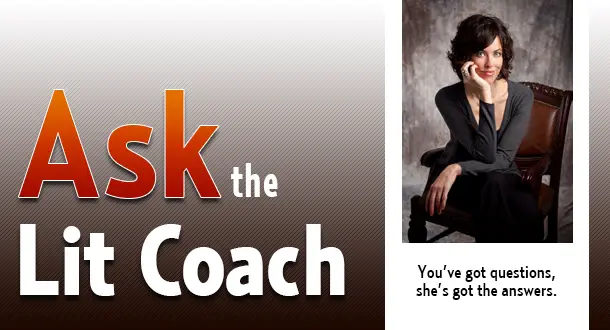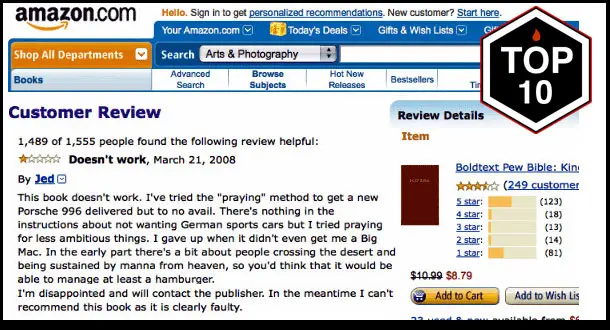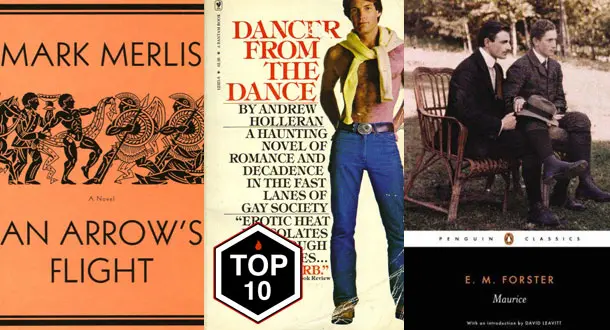Menu
Columns
Showing 3546 Columns
Showing 3546 Columns
May 15th, 2012

We can all agree that in general, we read because we like stories. The older we get, and the more advanced technology becomes, the rustier our imaginations grow. From time to time, it’s nice to dust off those marvelous contraptions and jostle them with one of the most primitive art forms still widely consumed today: the written word. Why then, does the TRUE STORY hold such a special place in our hearts? One of my duties here at LitReactor is compiling a monthly “new release roundup”, in which I pick a handful of fresh titles that might appeal to our readers.
Read Column →May 15th, 2012

Oh, the library. For most of us, the word transports us back to childhood, to story time at the local public. It was a warm and fuzzy place with child-sized furniture and really friendly ladies. That memory anchored some of us in libraries (big, small, college, public) for the rest of our lives. For others, the relationship with the library faded over time and may have completely disappeared. These people, when I tell them I’m a librarian, preemptively apologize for never using the library, like it’s a bitter green their mothers used to make them eat.
Read Column →May 14th, 2012

For many writers, one of the most important parts of his or her process is environment. Some of us prefer to have a private little space to which we can disappear. Others need to feel the energy of other people, at coffee shops or parks. Some need sunlight while others require darkness. There's no right way to write, but each of us has our own special way of doing it.
Read Column →May 14th, 2012

As an agent, the number one self-published genre to cross my desk was children's - never mind that I didn't specialize in the trade. Children's publishing and adult publishing have many differences, except when it comes to what publishers look for when considering a self-published title. There is no set criteria for a self-published author to meet in order to be considered "pub worthy" by the publisher. If you're considering self-publishing in general, read on.
Read Column →May 11th, 2012

Writers - feeling down about a harsh review? Shrug it off! Even the most critically acclaimed novels of all time aren't safe from a scathing Amazon customer review or two. If you've never taken the time to check out the one-star reviews of your favorite classic novels, I urge you to do so. When they aren't tragic, they're hilarious, and most often they're tragically hilarious.
Read Column →May 11th, 2012

"Wait, does it have sparkly vampires in it? Because no." "Uh, you know we're not in high school anymore, right?" "Sorry, but I only read real literature."
Read Column →May 10th, 2012

We’re glibbets, which rhymes with the froggy ribbets, and we have a literary canon that most of you won't read. What’s a glibbet? A glibbet is a member of the GLBT community: Gay, Lesbian, Bisexual, and Transgender.
Read Column →May 10th, 2012

In November of 2010, I was laid off from my job of six years along with one thousand of my former co-workers. The layoff didn’t exactly come as a shock. I’d been living with the specter of possible job loss for over a year; my immediate supervisors made sure to remind everyone that if we didn’t work harder than we ever had before, the company would have no choice but to start looking for ways to cut costs. And as with most American corporations, it wouldn’t be management who would take a pay cut in order to save jobs.
Read Column →May 8th, 2012

With any other director at the helm of The Avengers, Black Widow could have been lost amongst the larger-than-life power profiles of characters like Iron Man, Thor, The Hulk, and Captain America. But we aren't talking about any other director, we're talking about Joss Whedon. And Joss Whedon has always been interested in female characters, and seems particularly compelled by women as superheroes. He is, of course, the creator of one of the most powerful female superheroines in the history of media – Buffy Summers, aka Buffy The Vampire Slayer.
Read Column →May 8th, 2012

The book remains the same. From scratched wax tablets to scrawled parchments to leather-bound beauties to airport paperbacks, the novel has largely been experienced in a uniform way: you open the front cover and commence reading. Close when finished. Experience flood of words and ideas and emotions if you’re lucky. Experience mild diversion if you’re not. Still, the medium has barely altered. Few authors strive to make their books anything beyond a staid vessel for the linear text within. A wad of paper leaves stuck between two flaps of cards, glued up and shelved.
Read Column →🎼
Tell us about your book, and we'll give you a writing playlist
Take our 1 minute quiz to find your ideal tunes.